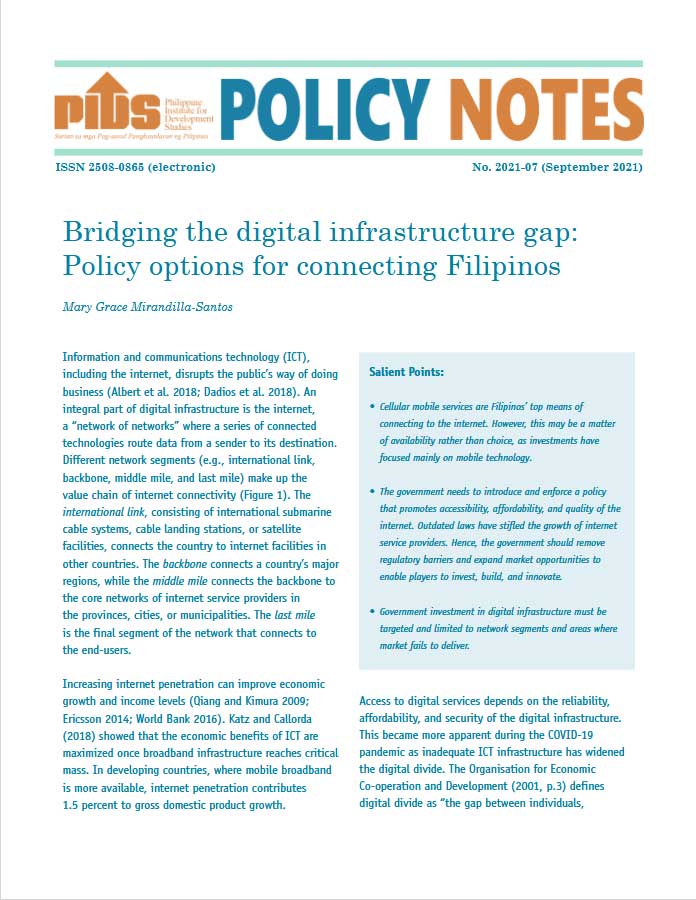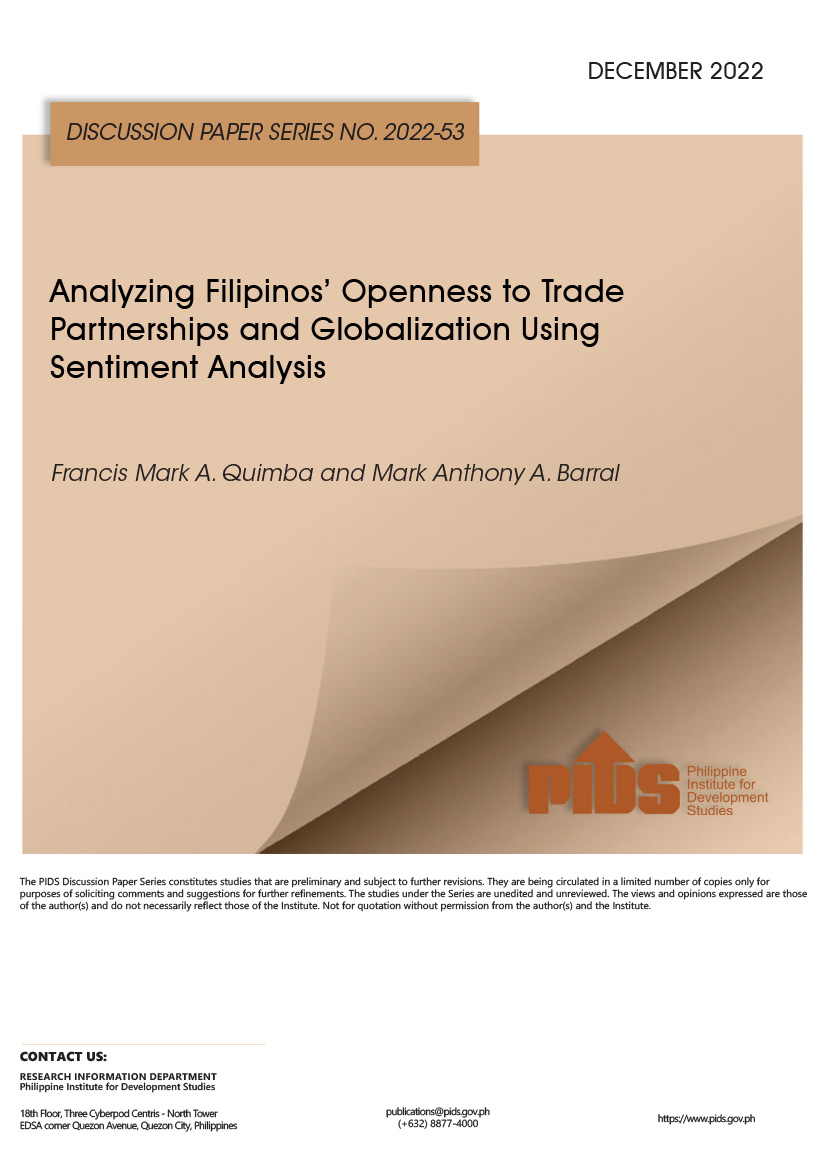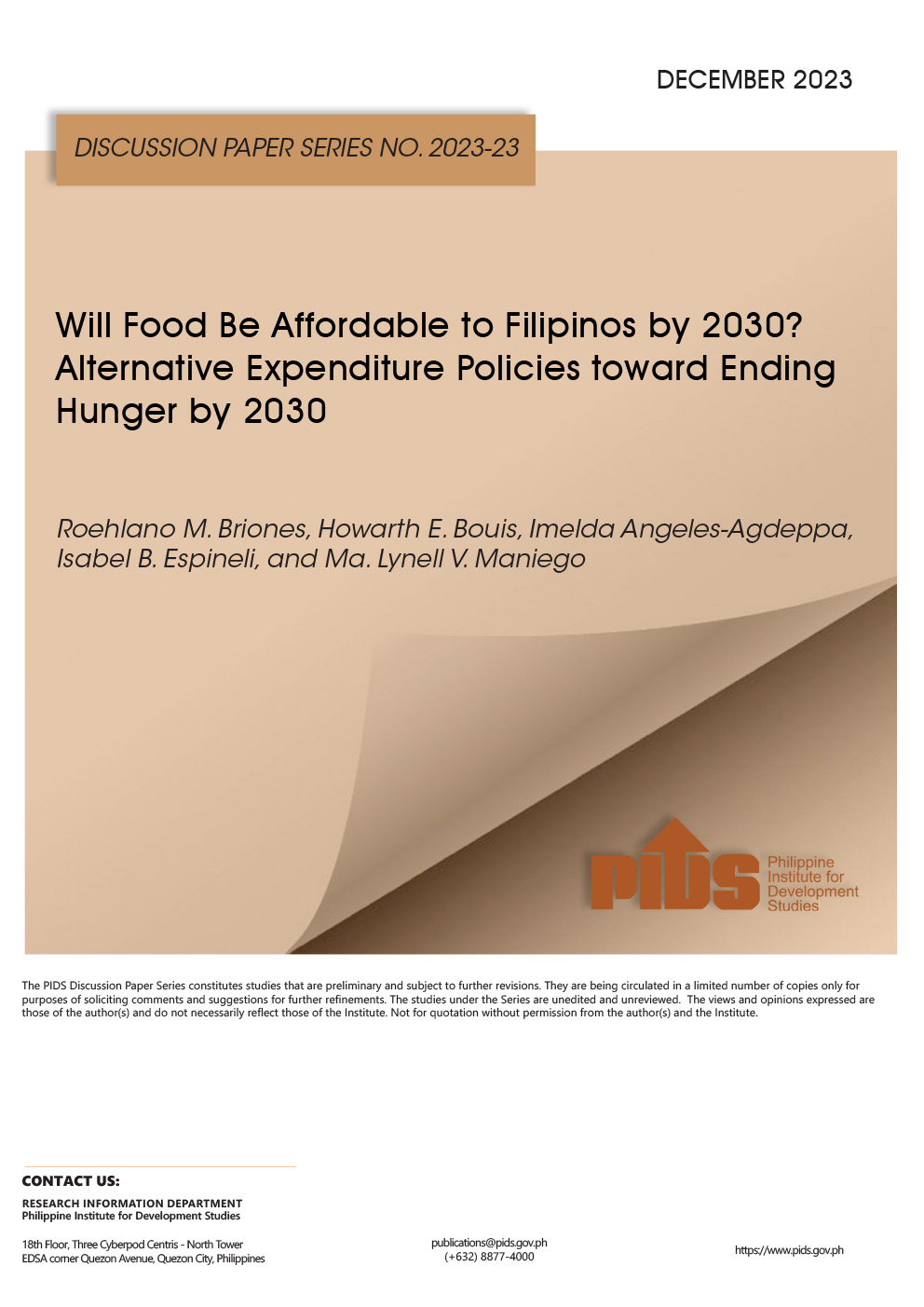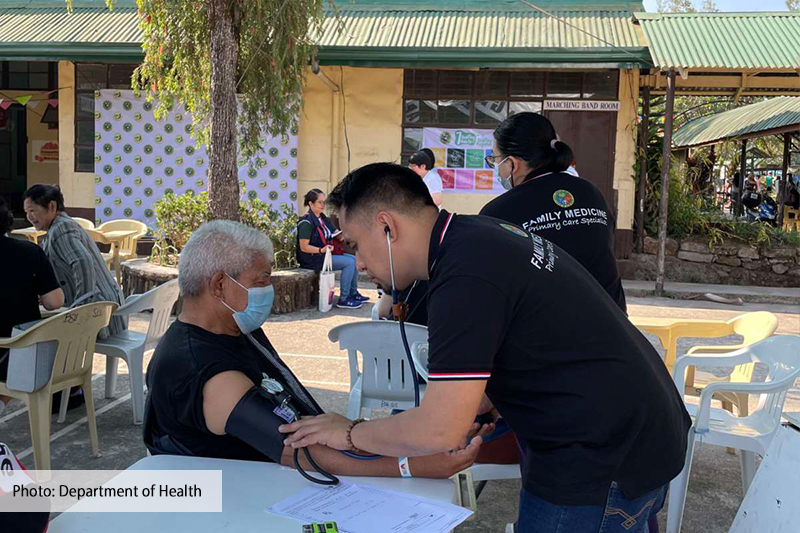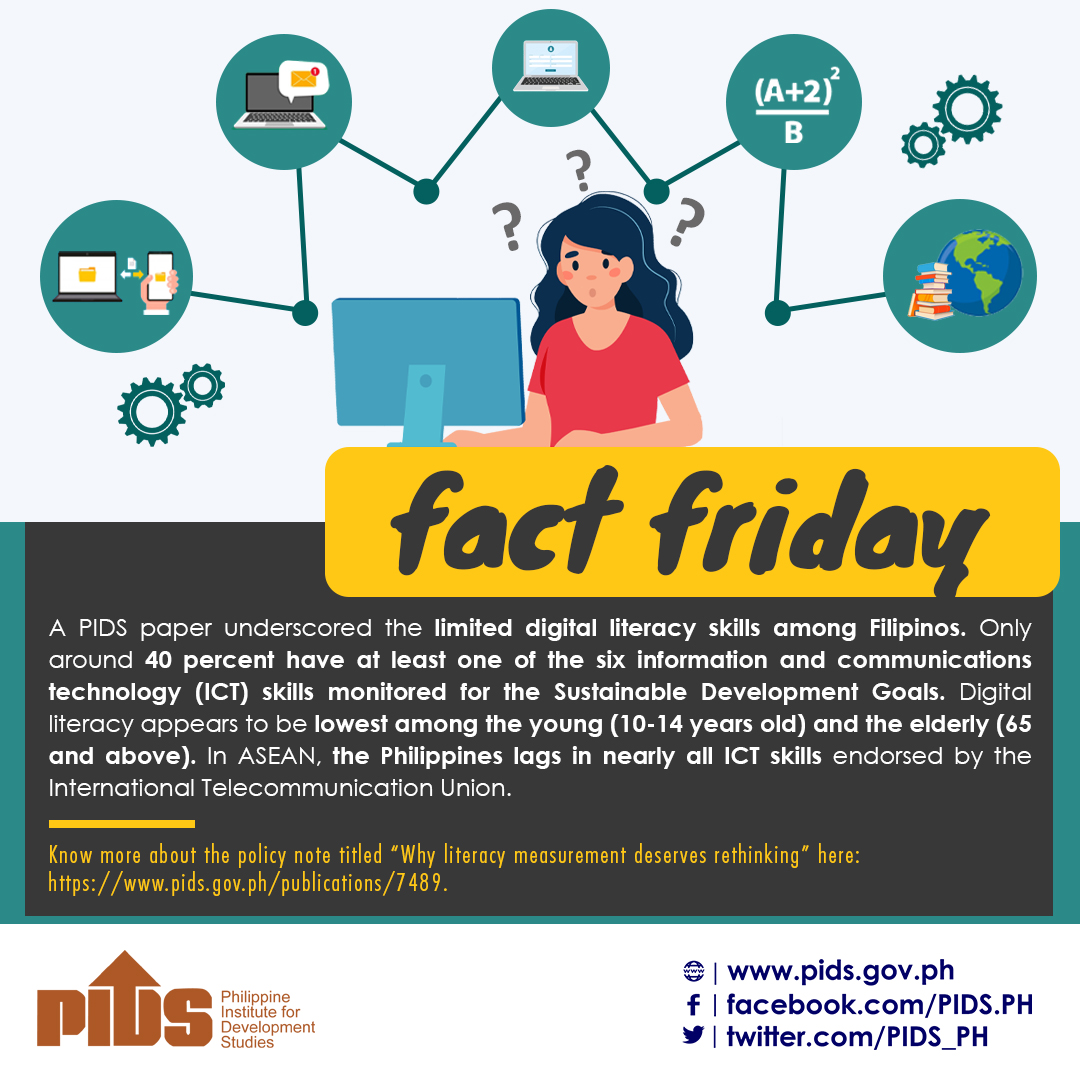In the Philippines, Christmas begins in September. Artificial trees and light garlands then invade shopping centers, but this year the pandemic threatens to spoil this long-awaited traditional festival.
Gatherings remain banned, a curfew is still in force and many residents have fallen into dire straits due to measures taken to contain the epidemic which have devastated the economy and made millions unemployed.
“We are overcome by sadness”, laments the crooner Filipino Jose Mari Chan, whose song Christmas in Our Hearts sounds on the air from 1is September, thus announcing the launch of the festivities.
This year, in this overwhelmingly Catholic archipelago, family reunions, karaoke evenings and major gift purchases that usually mark the countdown to Christmas Day are compromised.
But despite the gloomy atmosphere, the very festive Filipinos intend to prevent the virus from spoiling this moment of joy.
“With or without COVID-19, we have to celebrate Christmas at all costs, because it’s a Filipino tradition,” says Cecilia Moore, who has already spent 2,500 pesos (CA $ 68) in fairy lights to decorate her home.
Her husband, who works on an oil tanker, lost his job when a state of emergency was declared in March, putting the family’s finances at risk.
Butme Moore did not however give up his desire to bring color in order to dispel the ambient family gloom.
“Even though times are tough, we continue to buy lights that make us happy,” said the 32-year-old woman.
The reasons why Christmas celebrations begin so early in the Philippines remain unclear. Sociologist Yellowbelle Duaqui puts forward a cultural explanation: they love to party.
“Sense of hospitality”
“Filipinos are renowned for having the best sense of hospitality in the world,” she says.
Jeffrey Lopez, who makes sparkling lights in San Fernando, near Manila, has been working at full speed since reopening his shop in August after a two-month shutdown.
Sales reached 40,000 pesos (CA $ 1,080 per day) and twice as much on weekends, the level before the pandemic.
“It’s as if COVID-19 hasn’t hit us,” Lopez notes in his workshop where lights in the shape of reindeer, Santa Claus and even the Eiffel Tower have been hung outside.
“Nothing, not even the pandemic, can prevent the coming of Christmas”
But many traders continue to suffer.
Shopping centers, usually very busy during this period, are unusually quiet, with residents preferring to stay at home for fear of the coronavirus which has already infected nearly 400,000 people across the archipelago.
Some stores have drawn back the curtain and those that remain open are offering discounts of 50 to 70%.
“A lot of people have lost a lot of money,” says Roehlano Briones, a researcher at the state-run Philippine Institute for Development Studies.
Normally, the four-month-long Christmas festivities are marked by an increase in household consumption of about 12-18% in the fourth quarter compared to others, Briones says.
This trend will continue this year “but in a moderate way”, he added.
Many household budgets have also been strained by the loss of monthly remittances made by relatives who work abroad and lost their jobs due to the pandemic crisis.
The crooner Jose Mari Chan, who describes himself as the one who “announces the arrival of the Christmas season”, believes that the pandemic has come to remind Filipinos “what really matters”. “There are many of our brothers who are out of work, who are hungry,” he emphasizes. “These months linked to Christmas should awaken our feeling of generosity and kindness towards them”.
Gatherings remain banned, a curfew is still in force and many residents have fallen into dire straits due to measures taken to contain the epidemic which have devastated the economy and made millions unemployed.
“We are overcome by sadness”, laments the crooner Filipino Jose Mari Chan, whose song Christmas in Our Hearts sounds on the air from 1is September, thus announcing the launch of the festivities.
This year, in this overwhelmingly Catholic archipelago, family reunions, karaoke evenings and major gift purchases that usually mark the countdown to Christmas Day are compromised.
But despite the gloomy atmosphere, the very festive Filipinos intend to prevent the virus from spoiling this moment of joy.
“With or without COVID-19, we have to celebrate Christmas at all costs, because it’s a Filipino tradition,” says Cecilia Moore, who has already spent 2,500 pesos (CA $ 68) in fairy lights to decorate her home.
Her husband, who works on an oil tanker, lost his job when a state of emergency was declared in March, putting the family’s finances at risk.
Butme Moore did not however give up his desire to bring color in order to dispel the ambient family gloom.
“Even though times are tough, we continue to buy lights that make us happy,” said the 32-year-old woman.
The reasons why Christmas celebrations begin so early in the Philippines remain unclear. Sociologist Yellowbelle Duaqui puts forward a cultural explanation: they love to party.
“Sense of hospitality”
“Filipinos are renowned for having the best sense of hospitality in the world,” she says.
Jeffrey Lopez, who makes sparkling lights in San Fernando, near Manila, has been working at full speed since reopening his shop in August after a two-month shutdown.
Sales reached 40,000 pesos (CA $ 1,080 per day) and twice as much on weekends, the level before the pandemic.
“It’s as if COVID-19 hasn’t hit us,” Lopez notes in his workshop where lights in the shape of reindeer, Santa Claus and even the Eiffel Tower have been hung outside.
“Nothing, not even the pandemic, can prevent the coming of Christmas”
But many traders continue to suffer.
Shopping centers, usually very busy during this period, are unusually quiet, with residents preferring to stay at home for fear of the coronavirus which has already infected nearly 400,000 people across the archipelago.
Some stores have drawn back the curtain and those that remain open are offering discounts of 50 to 70%.
“A lot of people have lost a lot of money,” says Roehlano Briones, a researcher at the state-run Philippine Institute for Development Studies.
Normally, the four-month-long Christmas festivities are marked by an increase in household consumption of about 12-18% in the fourth quarter compared to others, Briones says.
This trend will continue this year “but in a moderate way”, he added.
Many household budgets have also been strained by the loss of monthly remittances made by relatives who work abroad and lost their jobs due to the pandemic crisis.
The crooner Jose Mari Chan, who describes himself as the one who “announces the arrival of the Christmas season”, believes that the pandemic has come to remind Filipinos “what really matters”. “There are many of our brothers who are out of work, who are hungry,” he emphasizes. “These months linked to Christmas should awaken our feeling of generosity and kindness towards them”.

